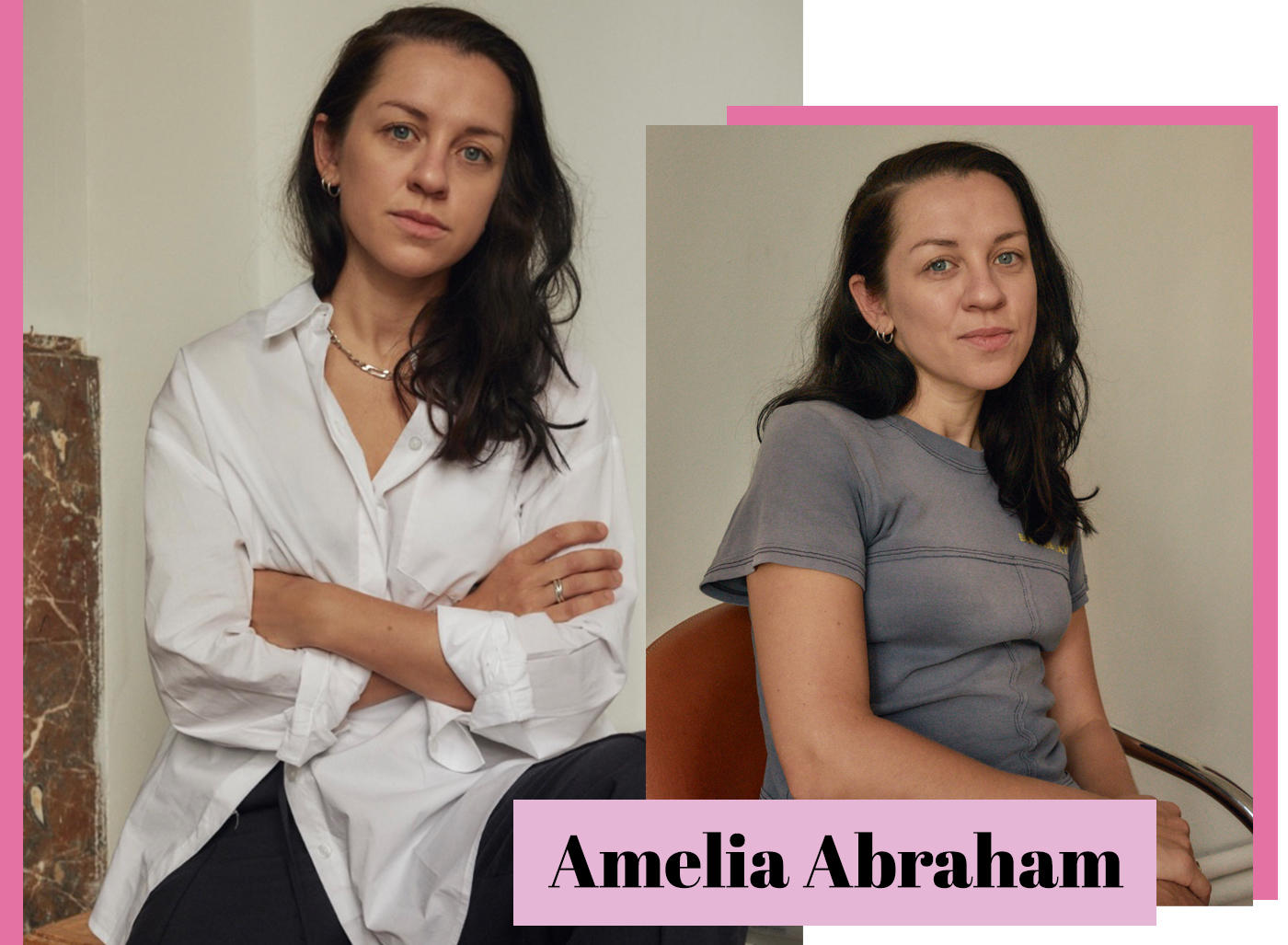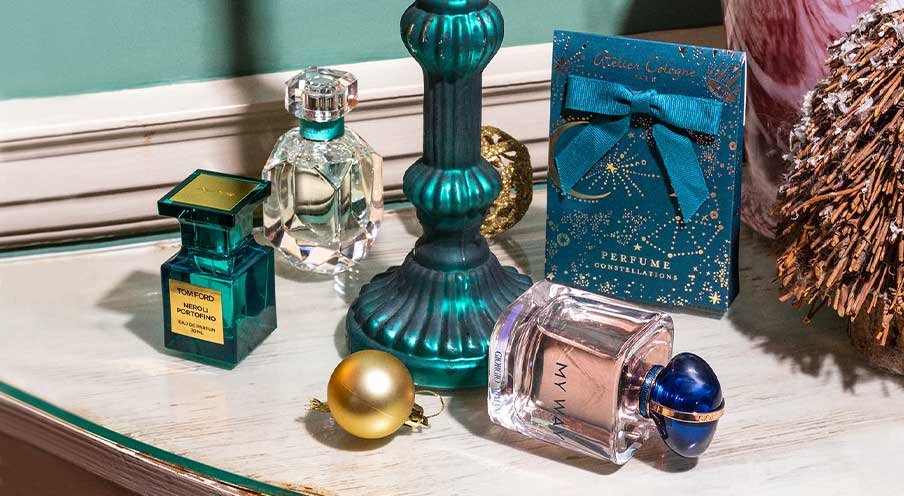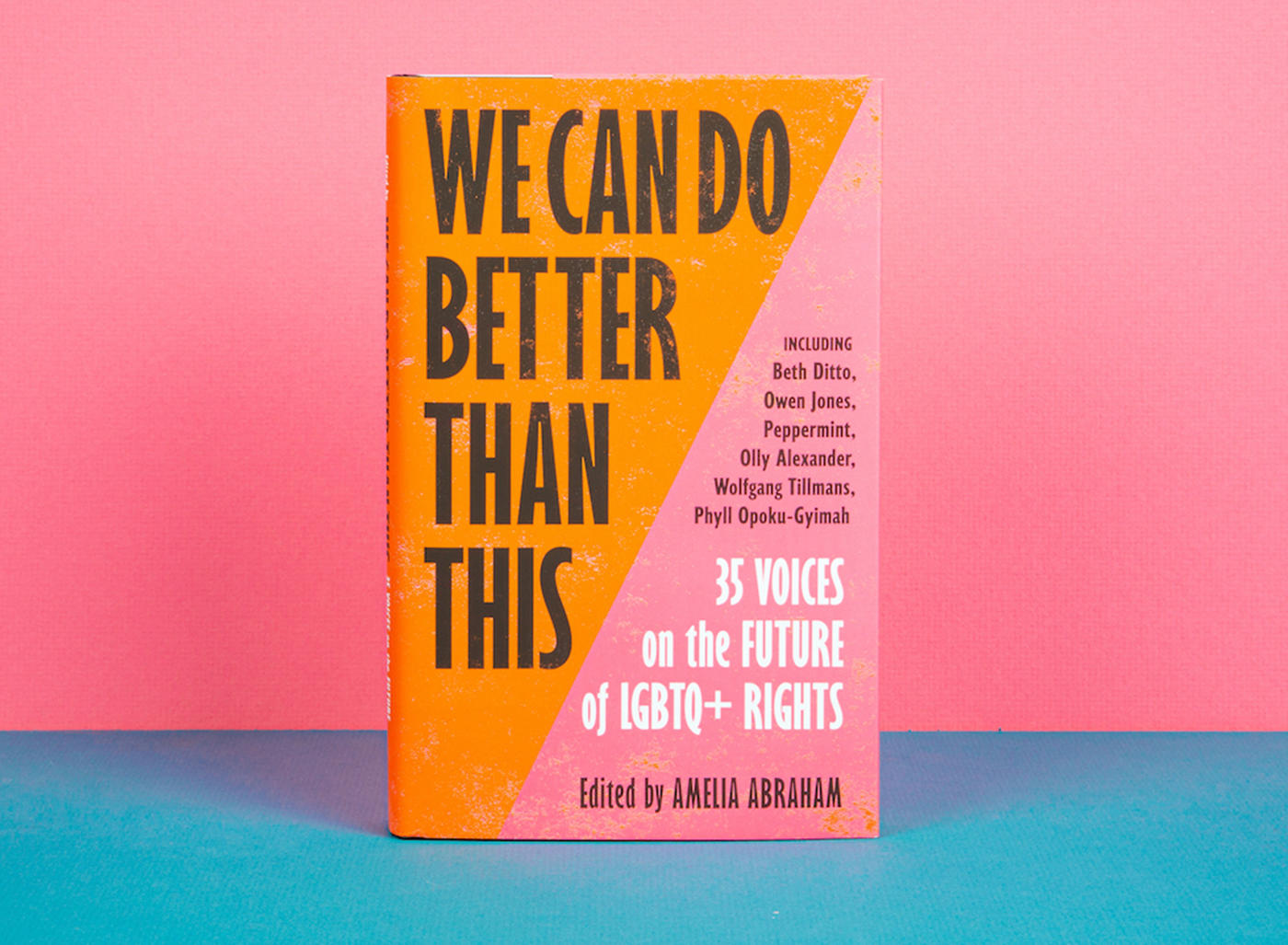
This February we’re shining a light on real life love stories through our ‘Love Your Unique’ series. We couldn’t celebrate human connections without recognising LGBTQ+ History Month and the challenges faced by the community to love freely and safely. To better understand the month’s significance, we reached out to journalist, and author of two incredible LGBTQ+ books, Amelia Abraham. From allyship and involvement to the mainstream adoption of queer culture, this is what Amelia had to say…

What is LBTQ+ History Month and what does it mean to you?
Officially, LGBTQ+ history month was started in the USA as a time to look back at the LGBTQ+ civil rights movement, and appreciate the people who spearheaded it. On the one hand, I am always a little skeptical of these months – like “Pride month” in June, too – because I think we can and should celebrate history and Pride all year round. Plus, sometimes it can feel like there is a tokenising inclusion of the LGBTQ+ community on these occasions. However, on the other hand, I am happy for any chance to pause and reflect on our movement, how we got here, where we are going. To celebrate, but also consider what our collective focusses should be to not just improve the safety inclusion of LGBTQ+, but fight for a world where LGBTQ+ can really thrive.
Why is it important?
I think LGBTQ+ history month is particularly important because traditionally, our histories have been covered up. In times when more people were forced to live in the closet – for example before the partially decriminalisation of homosexuality in Britain in 1967 – relationships and identities were often clandestine, our stories sometimes not recorded, and at other times, even destroyed. So, if we can actively make the effort to go in search of LGBTQ+ love stories, or role models, we can show that queer and trans and gender-nonconforming people always existed, and find heroes that can inspire us.
How can people in and outside the community get involved?
So many ways! Buy a book that sheds a light on LGBTQ+ history or read about LGBTQ+ history online (I recommend The Queer Bible, an amazing website that features spotlights on lesser known queer role models of the past). As I am writing this, I just this morning signed up to donate to Opening Doors, a charity who look out for LGBTQ+ elderly people who might be feeling isolated. Those people literally lived LGBTQ+ history, through times when the world wasn’t so accepting, the least we can do is support them. And you can support from just £2 or £5 a month.
What does it mean to be an LGBTQ+ ally?
I think it means standing up for LGBTQ+ people, even when no LGBTQ+ people are around. By educating yourself, or doing something more material (see above!) If you are LGBTQ+ yourself, I think being an ally means being cognisant and motivated about helping those in the community less privileged than yourself.
What would you like to see more of – this month and always?
Positive stories about trans and non-binary people, that allow those people to be more than their trans or nonbinary identity. I think the media is lacking this.
What’s your number one queer power moment?
It’s a personal one – when I was writing the chapter of my book set at Amsterdam Pride, and a group of queer sex workers welcomed me onto their Pride canal boat, and we had the ultimate party, sailing through the Amsterdam Canals. When sex work is so often stigmatised, it was an honour to be alongside those people being so open.
The back of your book Queer Intentions states that queer culture has never been so mainstream, is that a good thing?
It’s a question I am very interested in, and I think the book frames it almost always a double edged sword – when drag becomes more popular for instance, it loses its special subcultural value, and can become a bit oversaturated or commodified. I also worry that the mainstreaming of queer culture – or improved LGBTQ+ rights – can sometimes be a bit of a chimera. The option to get same-sex married for example, is important, and an option we absolutely should have, but it can create the idea we’ve reached “equality” while LGBTQ+ people are still at threat of discriminatory violence day to day.
What did you learn about yourself through the writing process?
That I am part of a loving global community that I could not be more grateful for; everywhere I went, LGBTQ+ people wanted to know about the book, and help me out with my reporting. I felt part of something, interconnected across the world, and I want every queer person to feel that, even if just from reading it.
More recently you brought together a collective of LGBTQ+ voices for We Can Do Better Than This. Can you tell us a little more about the project?
The aim of the book is to bring together different LGBTQ+ people – from activists in Nigeria and Uganda and Bangladesh to famous performers like Olly Alexander and Beth Ditto – and ask all these people to write about how we can make life better for queer people. Practical solutions to getting to a better world. It’s meant to be a roadmap for the next 10 years of LGBTQ+ activism, and also a guide for anyone who wants to better understand the state of play for queer people around the world today.
Can you share a highlight or favourite story?
I am particularly grateful for the contributions about asexuality, disability rights, and intersex rights, as I think we have a lot to learn from and about this part of our community. And that all the contributors were so honest – there are extremely personal stories from people who have never opened up this way publicly before, and so the book doesn’t have to feel too “issue-based”, but hopefully deeply personal, funny, heartbreaking, and human.
DISCOVER OUR UNIQUE LOVE STORIES









